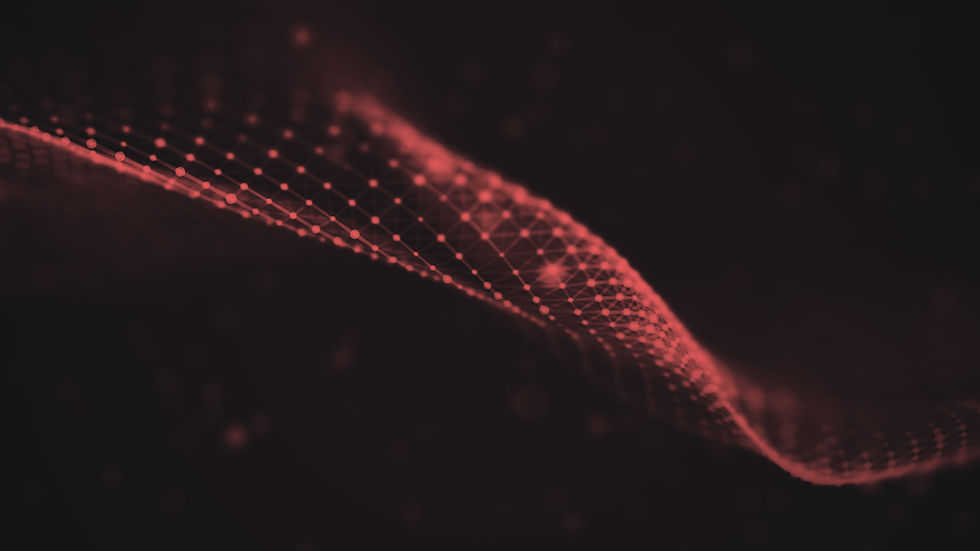Rare diseases are detected using artificial intelligence.
- Jamal El-Masri
- Sep 18, 2023
- 2 min read

The free Face2gene app diagnoses uncommon disorders in children using artificial intelligence and facial recognition.
Disease diagnosis using facial recognition
Several uncommon diseases leave distinct markings and traces on the faces of youngsters, and doctors frequently diagnose these disorders by evaluating facial traits, thus the inspiration for this application.
The Face2gene program, developed by the start-up FDNA in 2014, can detect rare diseases by evaluating the child's facial traits. This tool can now identify over 1000 genetic disorders.
GestaltMatcher, the disease detection algorithm, models specific traits found on the faces of children with the condition using 17560 images of persons with rare genetic diseases.
This medical software is increasingly being used by doctors and geneticists to aid in their study and diagnosis. "This is an important contribution for very rare diseases, where only a few patients have been reported in the world," the researchers at the start-up explain. The app promotes early disease detection and treatment prescription.
Improvement opportunities
However, because most genetic disorders are rare, the software cannot detect them! The algorithm requires 7 images of people with the disease to recognize it, and acquiring 7 photos of patients with rare diseases is difficult.
Another issue with the application is that it works better on Caucasian faces than on those of other ethnic groups. Researchers and programmers are attempting to lessen this detection disparity by conducting additional research and adding more photographs to their database. Other sorts of technology gadgets exhibit this issue; for example, some soap dispenser brands do not identify black hands, and artificial intelligence systems have a more difficult time diagnosing skin malignancies in black persons. This exemplifies the need for new technologies to make artificial intelligence more inclusive and less biased.
Future upgrades will enable the application to expand its photo amount, detection reliability, and the number of uncommon genetic disorders detectable by the software, allowing it to identify an increasing number of diseases in a very simple manner.
Apps like these, by expanding the global society's network, are well on their way to being an asset to our society's well-being in the future. To encourage scientists with amazing ideas and reach particular Sustainable Development Goals, this innovation, like all others, requires some testing, patience, and belief in its concept, as well as the backing of various financial mechanisms.
More information: https://www.face2gene.com
